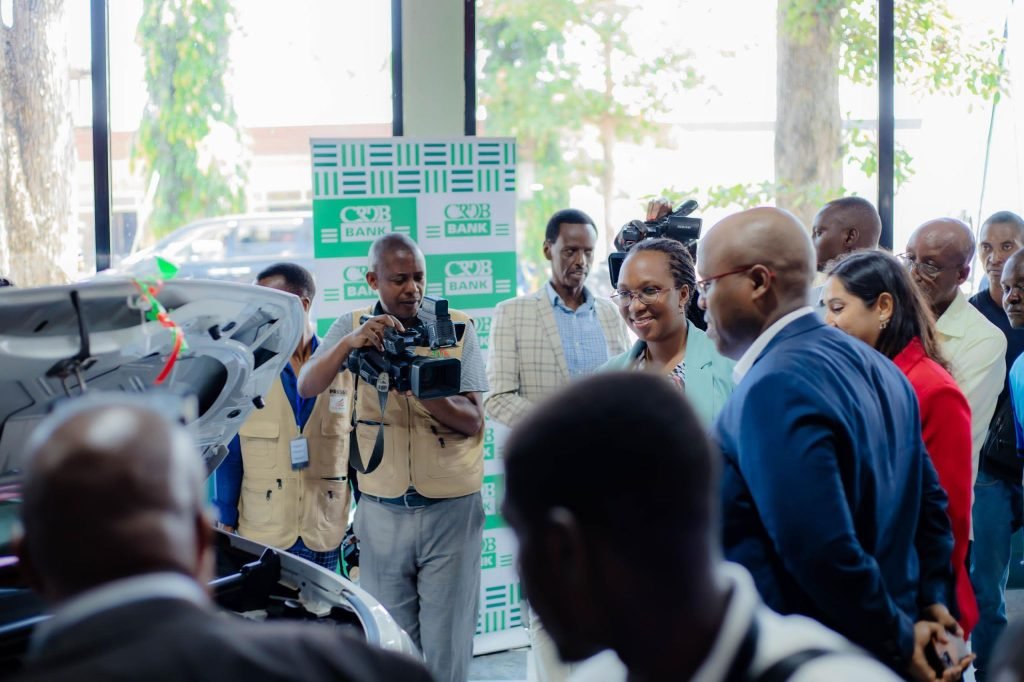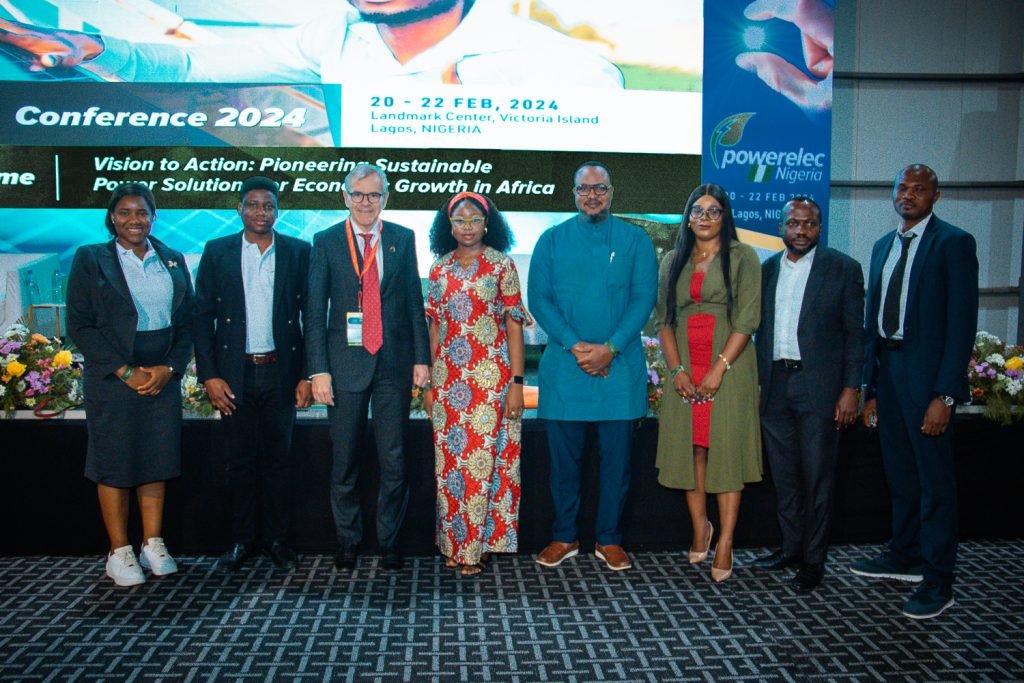During the recent Open Day on Electric Mobility — held under the theme “Accelerating Electric Mobility in Burundi” a groundbreaking announcement marked a turning point in the country’s journey toward clean transportation:
Burundi’s very first 100% solar-powered electric vehicle charging station is about to go live.
GEM E-mobility, a subsidiary of Growth Energy, proudly took part in the event, with its CEO, Evrard HAVYARIMANA, sharing this bold vision for the future of e-mobility:
“This station will be powered entirely by solar panels, allowing it to remain operational even during power outages. With built-in storage capabilities, it will have enough reserves to operate throughout the night.”
In a context where frequent electricity shortages and fuel supply issues pose daily challenges, finding resilient, alternative energy solutions is no longer optional — it’s essential.
By combining electric mobility with solar energy, this initiative brings a practical, forward-thinking solution tailored to Burundi’s unique energy landscape.
This charging station — designed and built entirely by the teams at Growth Energy — is more than just infrastructure. It’s a symbol of transformation.
🔋 Fully solar-powered, it allows EVs to charge independently of the national grid.
🌙 Thanks to its energy storage system, it remains operational day and night, even during long outages.
🌱 And most importantly, it contributes to reducing CO₂ emissions and promoting clean, accessible mobility across the country.
This milestone is just the beginning of a new era. It reflects a shared commitment to a greener, more inclusive future for transportation in Burundi.
We extend our heartfelt thanks to our dedicated partners:
The Ministry of Commerce and Transport of Burundi, for their leadership in supporting sustainable mobility,
And Skyline, a trailblazer in electric vehicle sales, whose pioneering role has helped make this visionary event a reality.
At GEM E-mobility and Growth Energy, we believe the energy transition should be local, inclusive, and immediate.
This first solar-powered EV charging station marks a bold step forward — and we’re just getting started. 🚀










